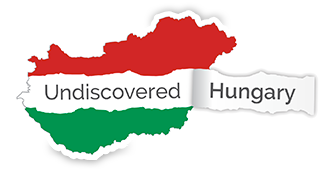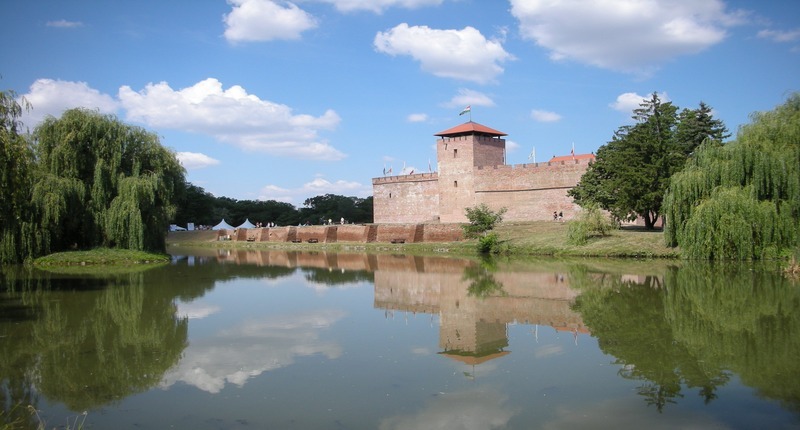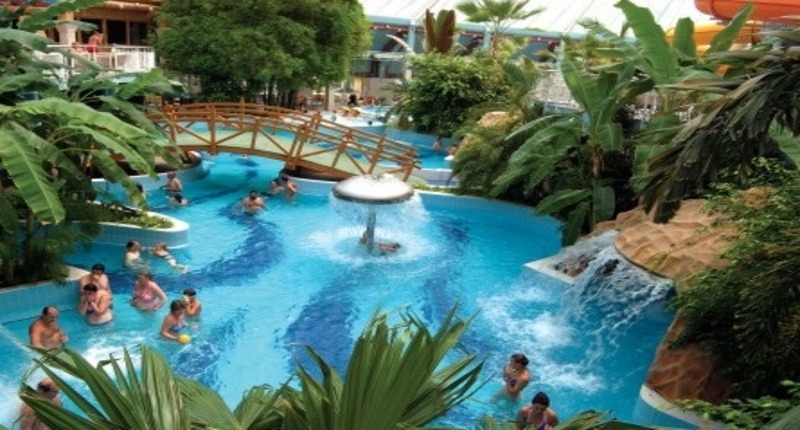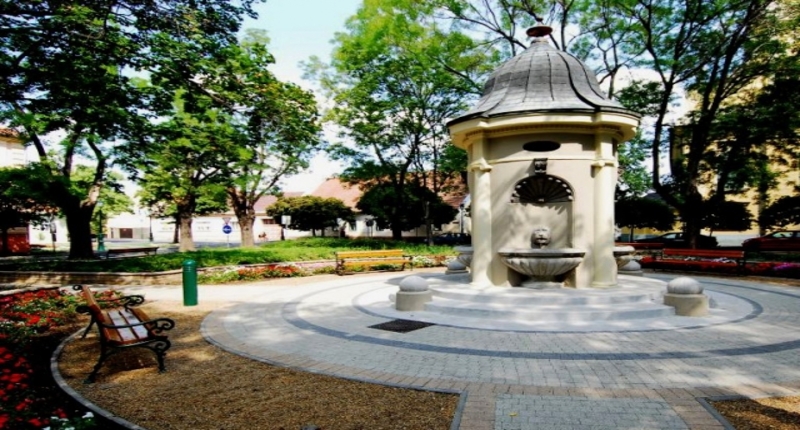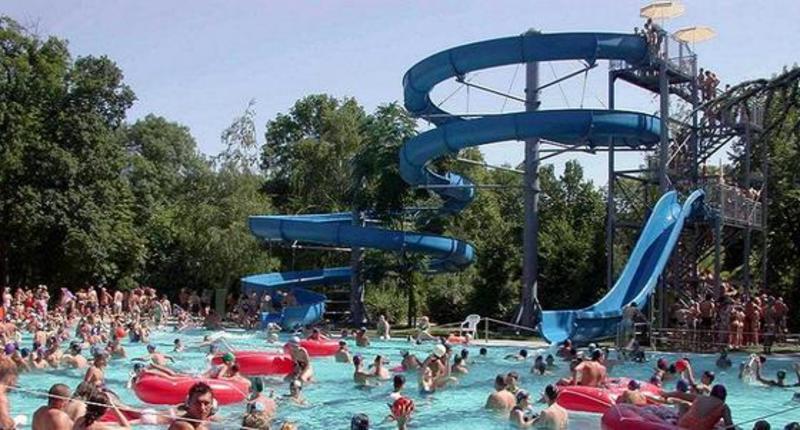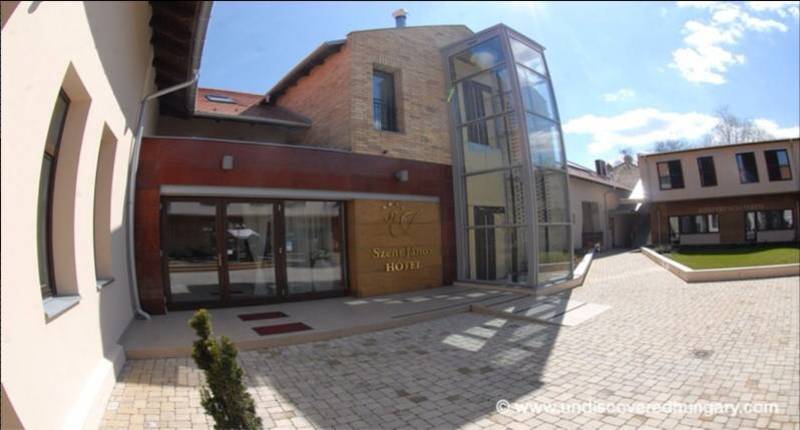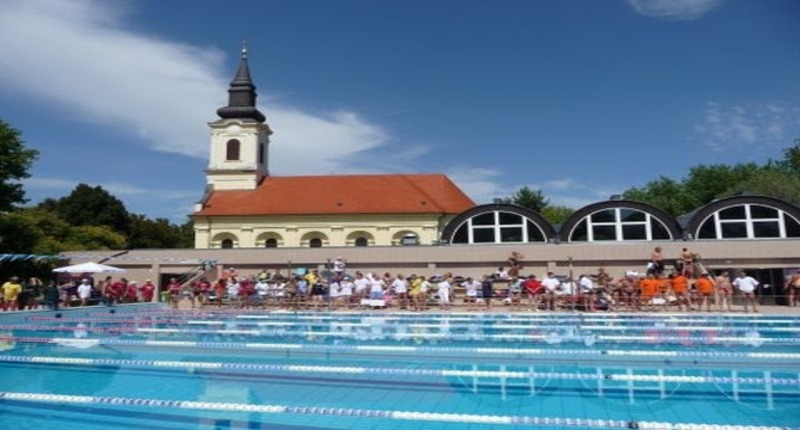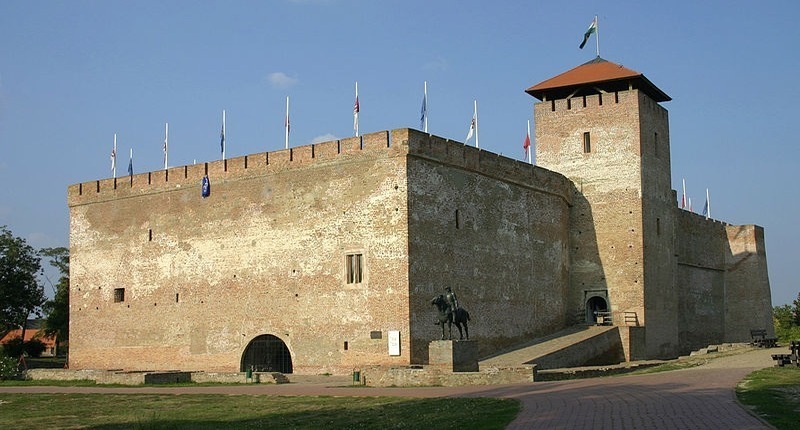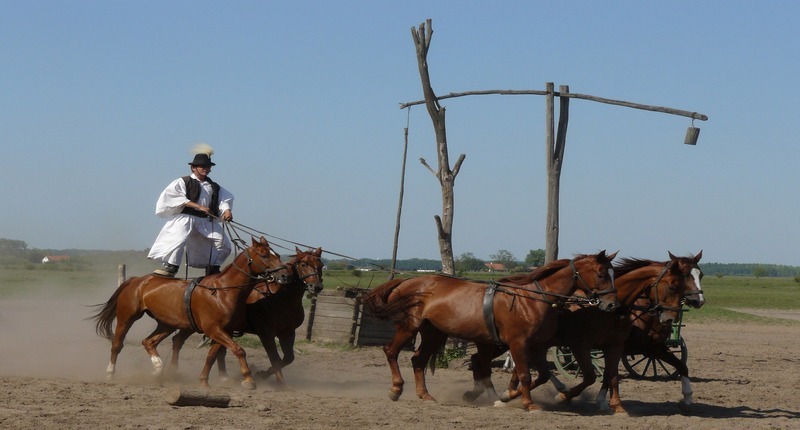Gyula
More information
Gyula is a spa town in Békés county in south-eastern Hungary. It lies close to the border with Romania, on the river Fehér-Körös.
The first recorded reference to Gyula was in a document dated 1313 which mentions a monastery called Gyulamonostor (Julamonustra in Latin). By 1332 the settlement around the monastery was being called Gyula / Jula. There are two versions for the origin of the name, one is that following the occupation of the Pannonian Plain by the Magyar tribes, the tribe of the gyula settled in the area. More likely is the version that a lord called Gyula or Jula founded the monastery and its settlement.
The Gyula Castle
The town's most impressive monument is the fortress castle. The first factual mention of the fortress is from 1445, János Maróti began with its construction.
To the east of the town centre stands the old fortress (13th century), now a cultural centre and a tourist attraction. Nearby, there are thermal spas known for their therapeutic effects.
Gyula Castle Bath
After the reconstruction in 2002, the Castle Bath has emerged as the newest, most modern bath and spa of European standard in the Southern Great Plain region, where pleasure pools, children's water paradise, wave pools and giant or kamikaze slides provide all age-groups with perfect amusement.
History of the Jews in Hungary
The Holocaust in Hungary is commemorated in Gyula's Germantown at the building that housed the Synagogue; one town among many that formed a once thriving Jewish community in Bekes county. Today, the Gyula Synagogue houses a music school and bears a plaque of remembrance dedicated to the memory of Gyula's Jewish community that perished in Auschwitz and other concentration camps.
If you are looking for accommodation in the area click "book now". You don't have to pay in advance but when you arrive.
